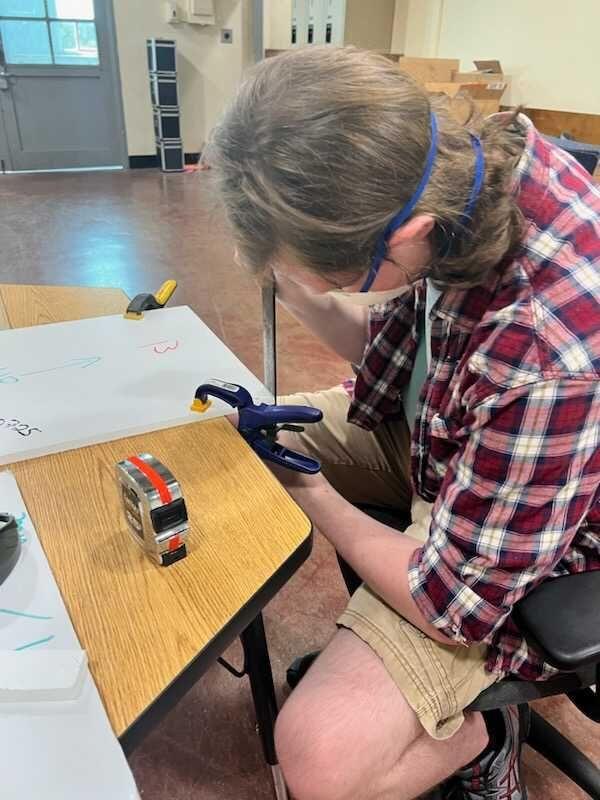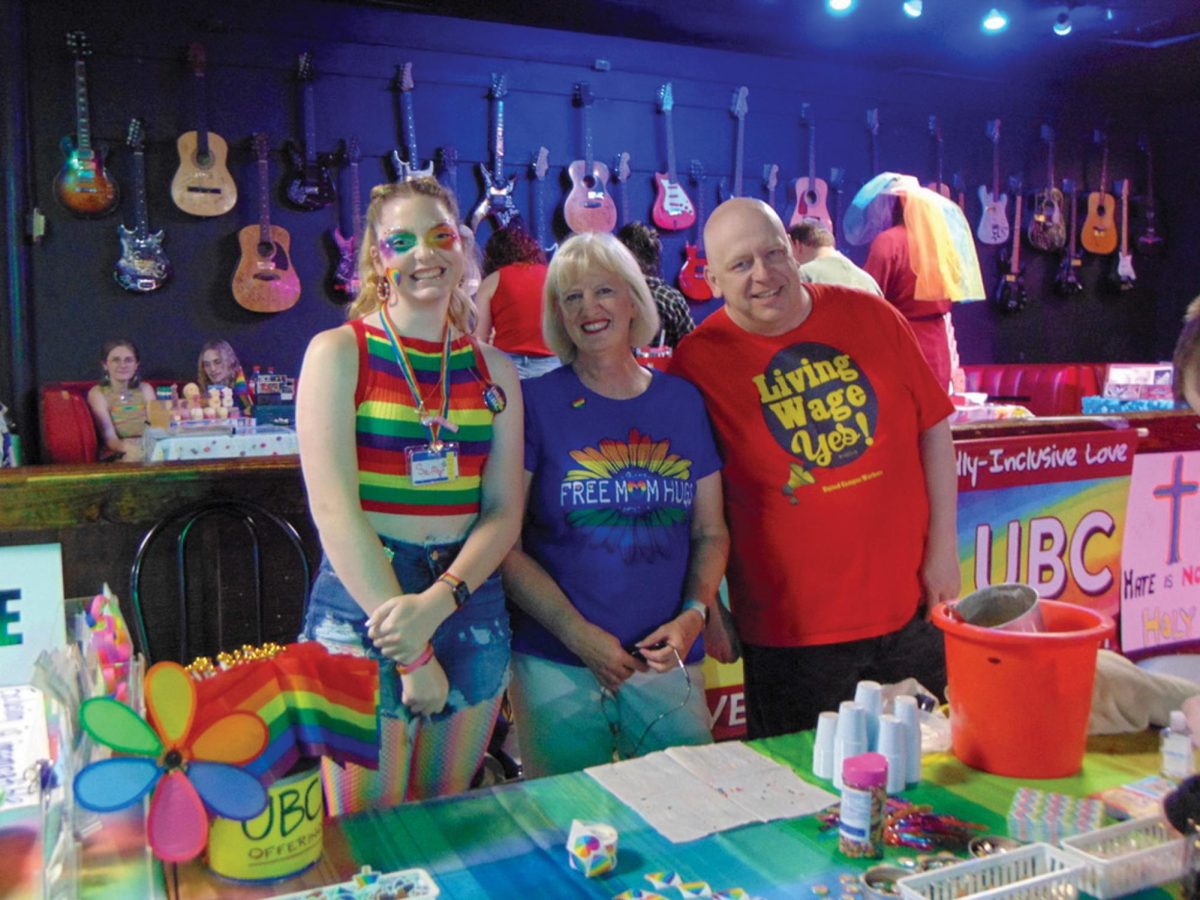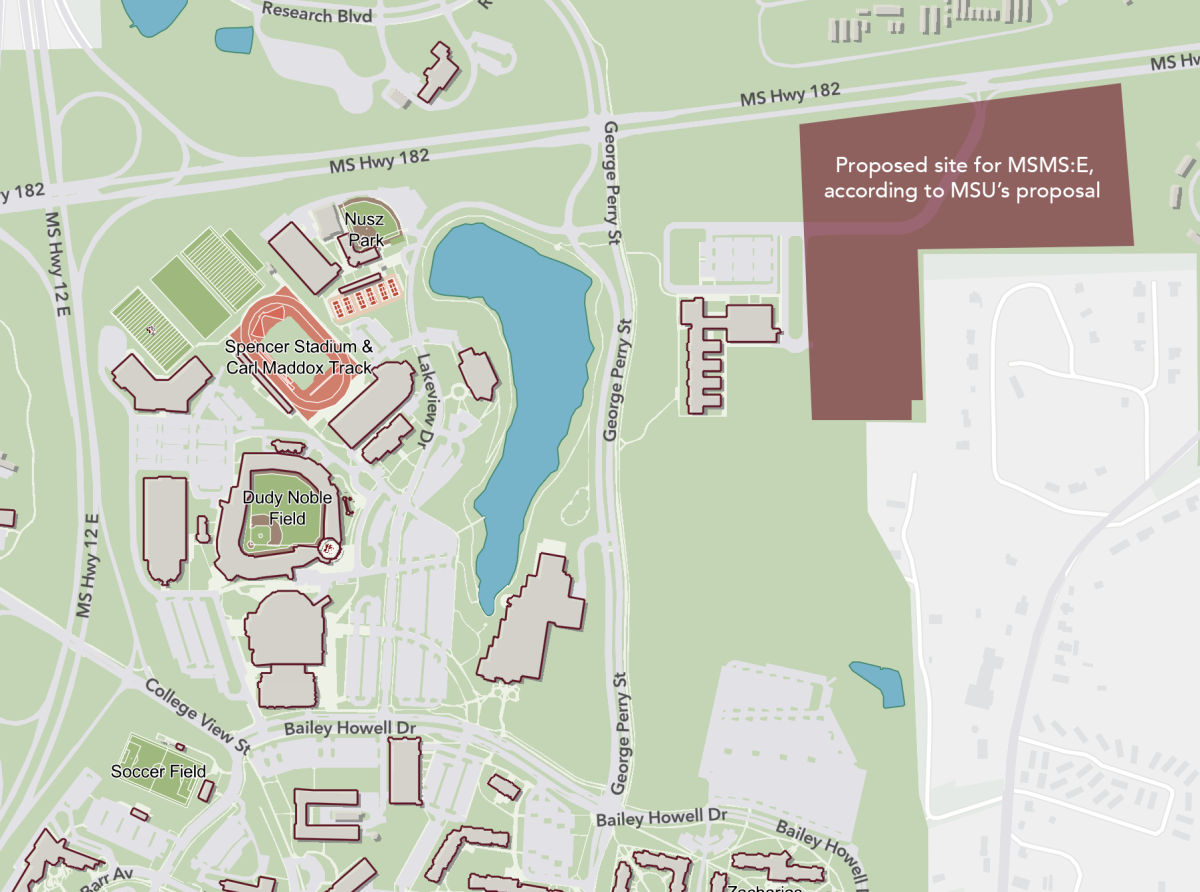A Mississippi State University student organization is looking to make history by putting the first satellite from the state of Mississippi into orbit.
According to Statista, there are 5,465 satellites in orbit around the earth, none of which are from Mississippi. Since 2019, CubeSat MSU has been on a mission to change this and put a Mississippi satellite into space.
A CubeSat is a small satellite used for conducting research. NASA has a program called the CubeSat Launch Initiative, which allows CubeSats to be launched into space as a part of a larger, previously planned launch. One of CSLI’s goals is to promote CubeSat projects created by students. NASA’s plan is for a CubeSat from every state to be launched within five years.
The team at CubeSat MSU is drafting a proposal to send to NASA to become a part of the CSLI. If approved, the MSU CubeSat will be able to launch. The team has been working to turn in the proposal by this November.
CubeSat MSU President Bentley Hillis said the satellite’s mission will be to detect wildfires. While in orbit, the CubeSat will utilize a small camera with modified filters to locate fires on the earth’s surface. The camera will identify the presence of potassium, the element that is released whenever pine needles are burned. If the satellite detects potassium, it is a good indicator that it has located a wildfire.
Hillis said, ultimately, the plan is for the MSU CubeSat to gather data that a senior design team can publish as research and present at a major conference.
CubeSat MSU is made up of three teams: Structures, Instruments and Guidance, Navigation and Control Sub.
Structures will focus on building the body of the satellite. They ensure the structure of the CubeSat meets standard requirements and the instruments in the satellite are positioned properly within the satellite’s body.
Instruments will work with the devices used in the CubeSat. The Instruments team has been working on building a clean room, a space that is free of dust and other particles that could hinder the design process.
The GNC team will be responsible for communicating with satellites from the ground. The GNC team has been working on a ground station that it will use to communicate with the CubeSat.
Hillis said CubeSat MSU is partnering with a team at the University of Louisiana-Lafayette to prepare the satellite. CubeSat MSU is using ULL’s satellite to test MSU’s communication equipment. CubeSat MSU will also use ULL’s satellite to test its ground station upon completion.
Hillis said being a part of the CubeSat team gives participants the knowledge and skills that they would be unable to gain in a normal classroom setting. This experience can attract interest from companies who are looking to hire young engineers. Hillis said the CubeSat team often experiences turnover within the organization as team members find jobs elsewhere.
“One thing we’re pretty good at is getting jobs for our alumni and people that were on our team. It’s actually been almost a problem” Hillis said.
Rebekah Brown, a junior majoring in aerospace engineering, has worked as the event coordinator for CubeSat MSU and is on the Structures team. Brown said being a part of CubeSat MSU has shown her the potential of satellite technology.
“It’s opened my eyes to all the possibilities that are out there. It’s not just space telescopes or spy satellites that you hear about in the news. It’s all kinds of stuff. You’ve got GPS, weather satellites. It’s just a really exciting field and it’s only going to get more important as time goes on,” Brown said.
Brown said those who are interested in keeping up with CubeSat MSU can follow the organization on Instagram @cubesat.msu.
Hillis said CubeSat MSU is open to new members who want to help, and the organization is willing to teach new members.
Cooper Baxter, a junior aerospace engineering major and vice president of CubeSat MSU, said joining a design team like CubeSat MSU would be the experience in college that he would most recommend to others.
“Especially this team,” Baxter said. “You’re always working towards something that feels worthwhile and meaningful and impactful and, especially with this club, it feels the most meaningful to me, at least.”
MSU organization plans to launch first MS satellite
MSU organization plans to launch first MS satellite
0
Donate to The Reflector
Your donation will support the student journalists of Mississippi State University. Your contribution will allow us to purchase equipment and cover our annual website hosting costs.
More to Discover


















